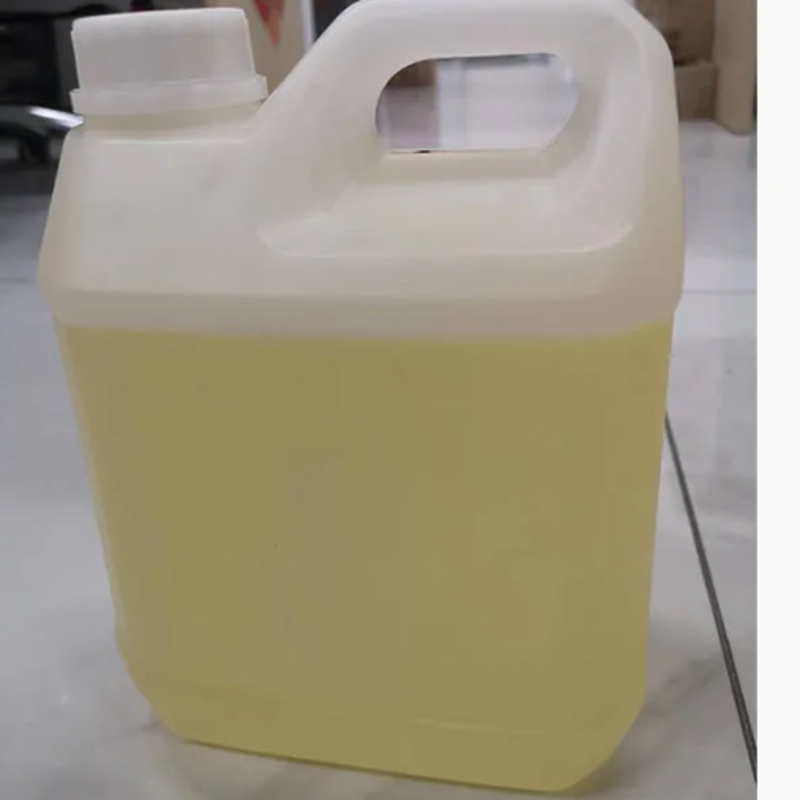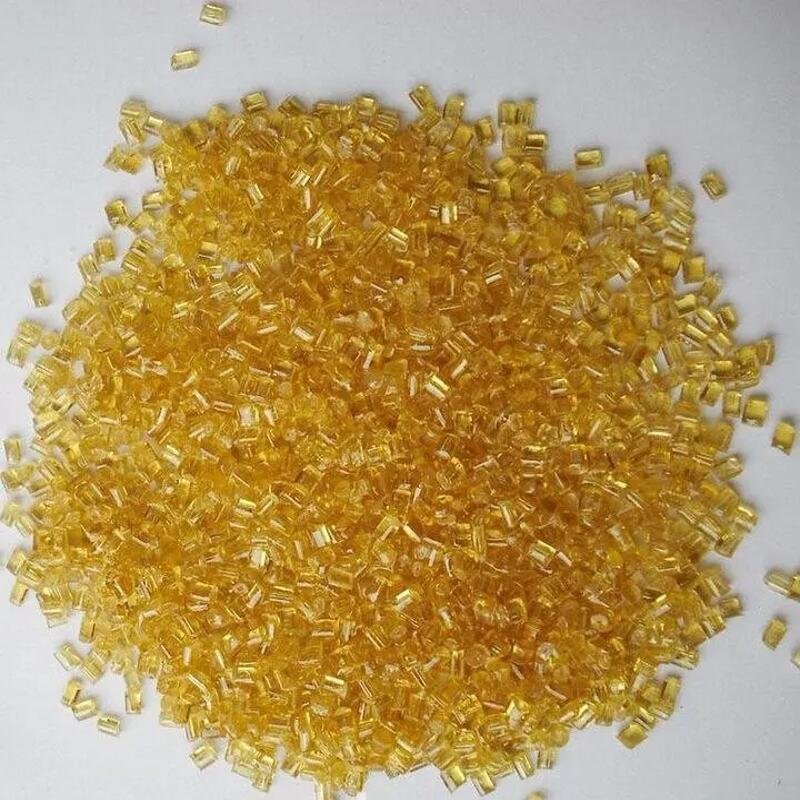-
Categories
-
Pharmaceutical Intermediates
-
Active Pharmaceutical Ingredients
-
Food Additives
- Industrial Coatings
- Agrochemicals
- Dyes and Pigments
- Surfactant
- Flavors and Fragrances
- Chemical Reagents
- Catalyst and Auxiliary
- Natural Products
- Inorganic Chemistry
-
Organic Chemistry
-
Biochemical Engineering
- Analytical Chemistry
-
Cosmetic Ingredient
- Water Treatment Chemical
-
Pharmaceutical Intermediates
Promotion
ECHEMI Mall
Wholesale
Weekly Price
Exhibition
News
-
Trade Service
The South Australian state parliament recently passed a bill banning the use of single-use plastics.
Although the implementation of the new regulations has been delayed until 2021 due to the impact of the epidemic, the frequent occurrence of "plastic ban orders" around the world has attracted great attention from the industry
.
Plastic waste has always been an environmental problem plaguing the world
.
According to incomplete statistics, more than 60 countries around the world have introduced policies or decrees to restrict the use of plastics, and have promoted the use of biodegradable materials through taxation of plastic bags, voluntary agreements, and comprehensive bans
.
In developed countries, the recycling rate of waste plastics in the United States, the European Union and Japan is as high as 50%
.
The emergence of a blue ocean in the polylactic acid market is also a feature of biodegradable plastics
.
It can be said that the ban/restriction of plastics has brought golden development opportunities for biodegradable materials.







